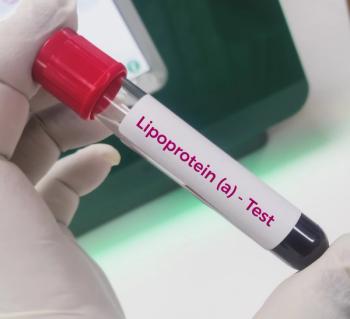Thumbs down from panel for Biogen drug. Late Friday, an FDA advisory panel voted against recommending approval for a new drug to treat Alzheimer’s disease, following Biogen’s controversial decision last year to revive aducanumab based on findings from a post-hoc analysis. In a pair of votes, the Peripheral and Central Nervous System Drugs Advisory Committee panned staff recommendations based on EMERGE, a phase 3 study on effectiveness, and PRIME, a phase 1b study that offered “supportive evidence” on effectiveness. The votes came despite statements from a key FDA staff director that “evidence supporting its approval appears strong.” The panel’s action is non-binding.
Brilinta can treat repeat stroke or TIA. AstraZeneca announced Friday that FDA had approved Brilinta (ticagrelor) in the United States to reduce the risk of stroke for patients who have experienced an acute ischemic stroke or high-risk transient ischemic attack (TIA). Approval follows results from the phase 3 THALES trial that showed Brilinta with aspirin significantly cut the risk of stroke or death compared with aspirin alone in patients who have had an acute ischemic stroke or TIA. The drug is approved to prevent atherothrombotic events for adults with acute coronary syndrome (ACS) and for the secondary prevention of cardiovascular events among those high-risk patients following a heart attack. This is the second new indication this year: in May, FDA approved Brilinta to cut the risk of a first heart attack or stroke with coronary artery disease.
EUA for serology test for COVID-related neutralizing antibodies. FDA has granted an emergency use authorization (EUA) to GenScript USA Inc. for the first serology test to detect neutralizing antibodies that show recent or prior infection from SARS-CoV-2, the virus that causes coronavirus disease 2019 (COVID-19). The antibodies in question are those that bind to a specific part of a pathogen, which have been found to reduce SARS-CoV-2 viral infection of cells. The FDA issued the EUA for the cPass SARS-CoV-2 Neutralization Antibody Detection Kit, which specifically detects this type of antibody.
This EUA is distinct from the more than 50 antibody (serology) tests previously granted, which only detect the presence of binding antibodies. According to a statement from FDA, binding antibodies bind to a pathogen, such as a virus, but do not necessarily decrease the infection and destruction of cells. The effect of neutralizing antibodies for SARS-CoV-2 in humans it is still being researched.
























